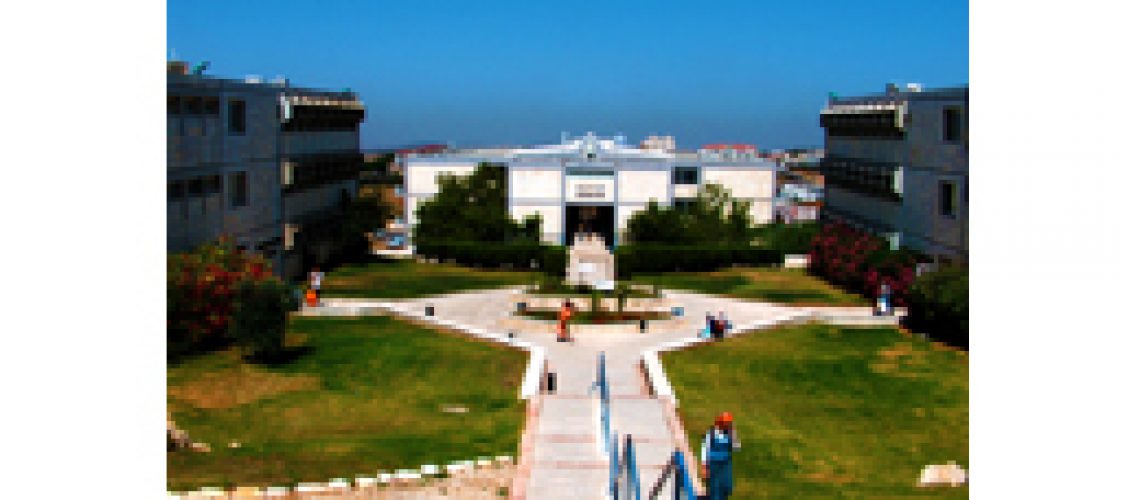Breaking down unemployment in Israel underscores the importance of education to a successful economy. More than 60 percent of Israelis with less than an eighth grade education are unemployed, according to the Taub Center in Jerusalem. Employment rates are highest among those with an academic degree, in part because so many of the educated go elsewhere for work. Average income for college graduates is nearly $3,000 a month while those with less education make do with $1,200, the income of nearly half the population.
The government’s list of priorities includes neither those who can and do go abroad for education nor those who can’t even afford university in the first place. Instead of narrowing the gaps in society, the Netanyahu government will spend tens of millions on establishing a new university—not in the Galilee or the Negev where it is needed, but in Ariel, the only Jewish settlement bloc that cuts deep into the West Bank and could well be part of a negotiated Palestinian State.

“It has been 40 years since the last research university was built,” the Minister of Education Gideon Sa’ar. “Our population has tripled in size and the higher education system needs to develop.”
What Sa’ar forgot to mention is that while the population grew, the government slashed funding for higher education. At the end of the 1990s, government funding represented two-thirds of the higher education budget. By 2006, government support had been cut by a quarter Such cuts forced public universities to look for new financial resources, fundraise, and raise tuition to supplement their income.
Transferring funds to the new university in Ariel will not serve the country’s higher education needs, nor is it a just and equitable allocation of state resources. The Netanyahu government’s budgets end up serving his coalition partners and business tycoons at the expense of the majority of the public—especially those living at the Israeli periphery.
Manuel Trajtenberg, chair of the Planning and Budgeting Committee of the Council for Higher Education,harshly criticized he task force that recommended the Ariel university; a task force chaired by—wonder of wonders—the head of the higher education council (and Bibi’s Minister of Education). The heads of all academic institutions opposed the plan and even petitioned the Supreme Court, claiming that the decision was faulty, tainted by political considerations, and based on partial and erroneous data.
Universities are engines for development. Benjamin Netanyahu knows that saving Israel’s higher education system must be a top priority, and has promised to reduce tuition. But tuition is only a part of a student’s costs to obtain a degree: without affordable housing and accessible public transportation, many young people, particularly in Israel’s outlying regions, cannot go to university. Furthermore, university facilities need to be made accessible to students with disabilities. Too many college buildings have no ramps or elevators, and little is done to accommodate students with visual and hearing disabilities.
Rather than creating a new university in a controversial Jewish settlement deep across the Green Line, our biggest investment should be to upgrade existing institutions and provide pre-academic training for all. Imagine if those millions had been invested in a university in Eilat or the Galilee. Yet nothing seems to stop Netanyahu: not questions of public interest, not objections raised by all of Israel’s research universities, not the Council for Higher Education, and definitely not the needs of Israel’s most vulnerable citizens.
But who needs better universities in Israel proper? Not Bibi: he got his degrees in the U.S.
This article, previously published in The Daily Beast, is reprinted here with permission from the author.

